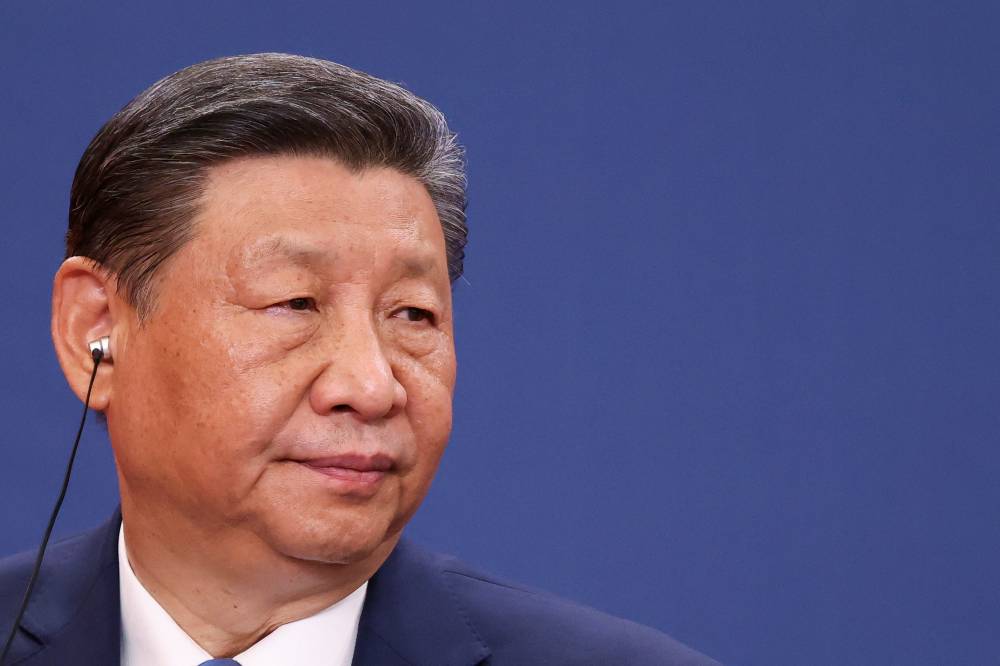Xi to US: Stay away from Spratlys disputes

Chinese President Xi Jinping warned the United States not to interfere in the disputes over the Spratly Islands during a meeting with US President Joe Biden in Peru over the weekend.
The two leaders met on the afternoon of Nov. 16, on the sidelines of the 31st Asia-Pacific Economic Cooperation Economic Leaders’ meeting.
Xi and Biden’s meeting, which the US Embassy in Peru described as a “candid, constructive discussion on a range of bilateral, regional, and global issues, including areas of cooperation and areas of difference,” was the third between the two leaders and followed their telephone call on April 2.
According to a statement from the Chinese Ministry of Foreign Affairs (MFA), Beijing conveyed its firm stance in upholding its territory, sovereignty and maritime rights and interests in the South China Sea.
“Dialogue and consultation between states concerned is always the best way to manage differences in the South China Sea. The United States should not get involved in bilateral disputes over the relevant islands and reefs of Nansha Qundao, nor should it aid or abet the impulsion to make provocations,” Xi said, according to the Chinese MFA.
Regional peace
Biden, for his part, emphasized the United States’ “commitment to upholding international law and freedom of navigation, overflight, and peace and stability in the South China Sea and East China Sea,” according to a statement from the US Embassy in Peru.
The highly contested Spratly Islands comprise a large group of reefs, shoals, atolls and small islets in the South China Sea of the Pacific Ocean located roughly midway between Vietnam and the Philippines.
The Philippines’ territorial claim is limited only to the Kalayaan Island Group, while China’s and Vietnam’s cover its entirety. Malaysia, Brunei and Taiwan also have limited claims to the Spratlys.
Political foundation
In their meeting, Xi further outlined four “red lines” that the United States must not cross or “challenge.”
These include the Taiwan question, democracy and human rights, China’s path and system, and China’s development rights.
“Contradictions and differences between two major countries like China and the United States are unavoidable. But one side should not undermine the core interests of the other, let alone seek conflict or confrontation,” Xi said.
“The one-China principle and the three China-US joint communiqués are the political foundation of China-US relations. They must be observed,” he added.
According to the US Embassy in Peru, Biden underscored that Washington’s one-China policy remains unchanged.
“He reiterated that the United States opposes any unilateral changes to the status quo from either side, that we expect cross-Strait differences to be resolved by peaceful means, and that the world has an interest in peace and stability in the Taiwan Strait,” it said.
The US president, the embassy noted, also called for an end to China’s destabilizing military activities around Taiwan.

















